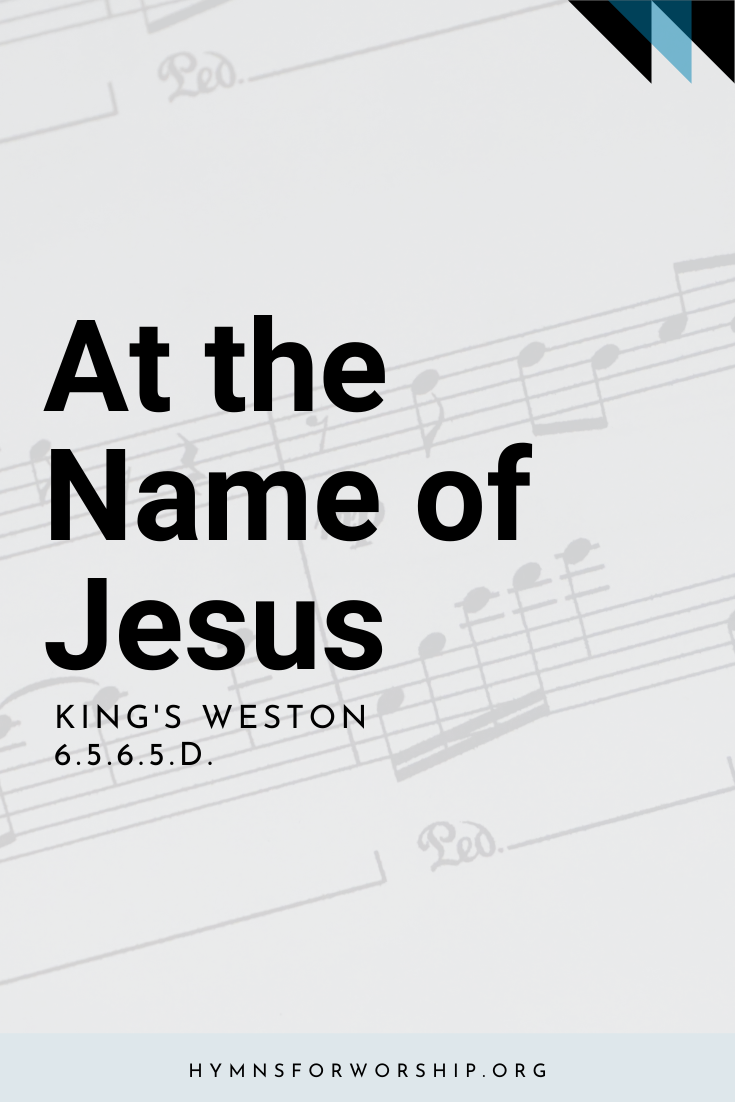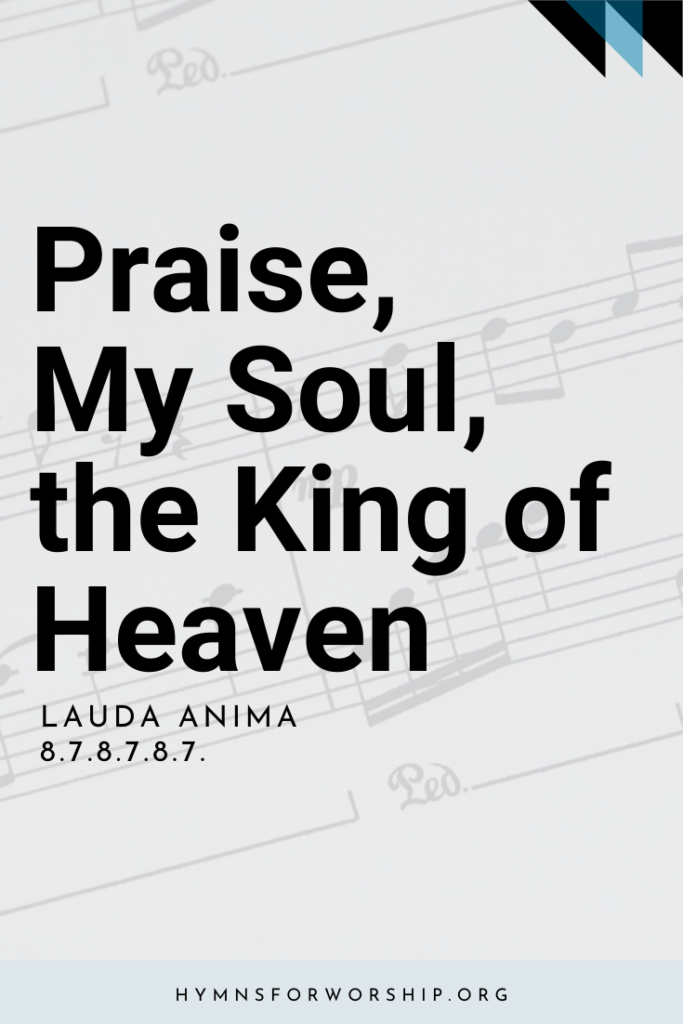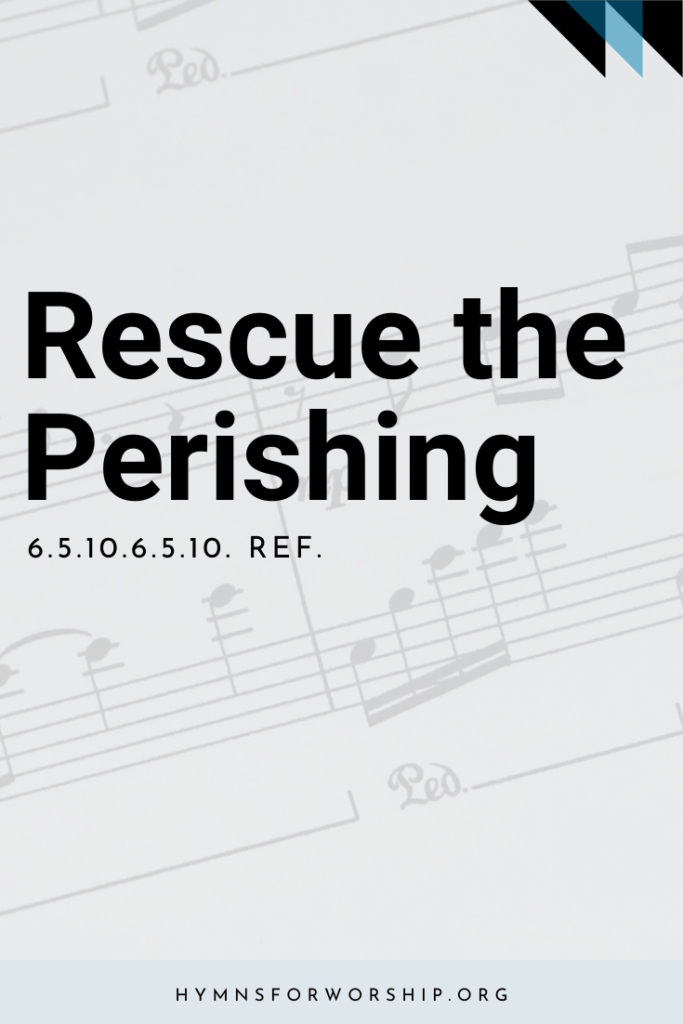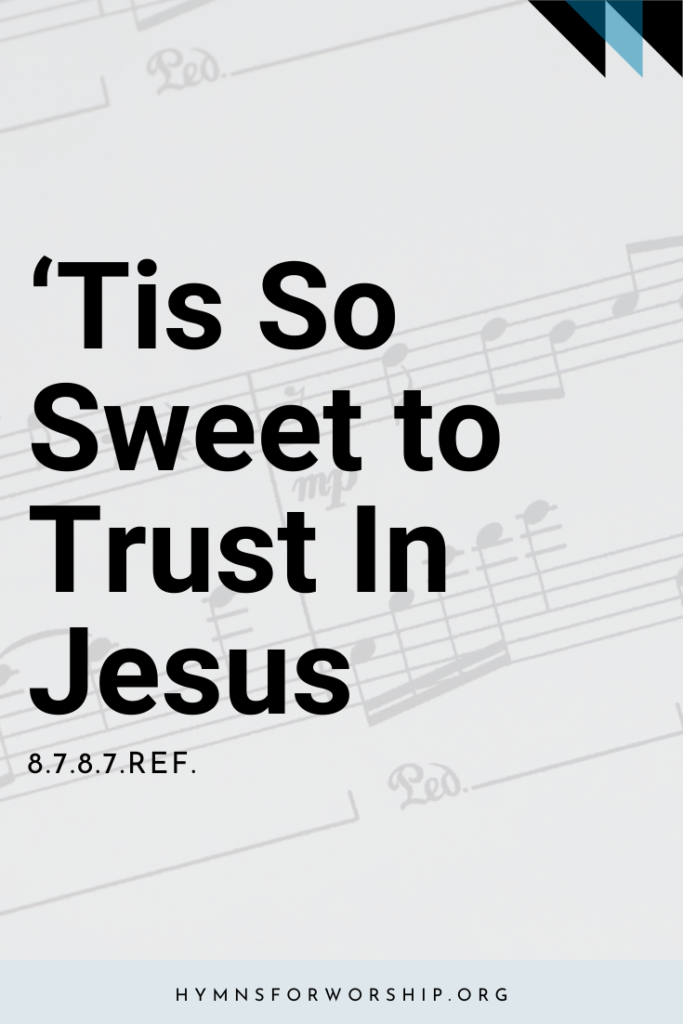JESUS CHRIST >> GLORY & PRAISE
SDAH 232
At the name of Jesus every knee shall bow,
Every tongue confess Him King of glory now;
‘Tis the Father’s pleasure we should call Him Lord,
Who from the beginning was the mighty Word.
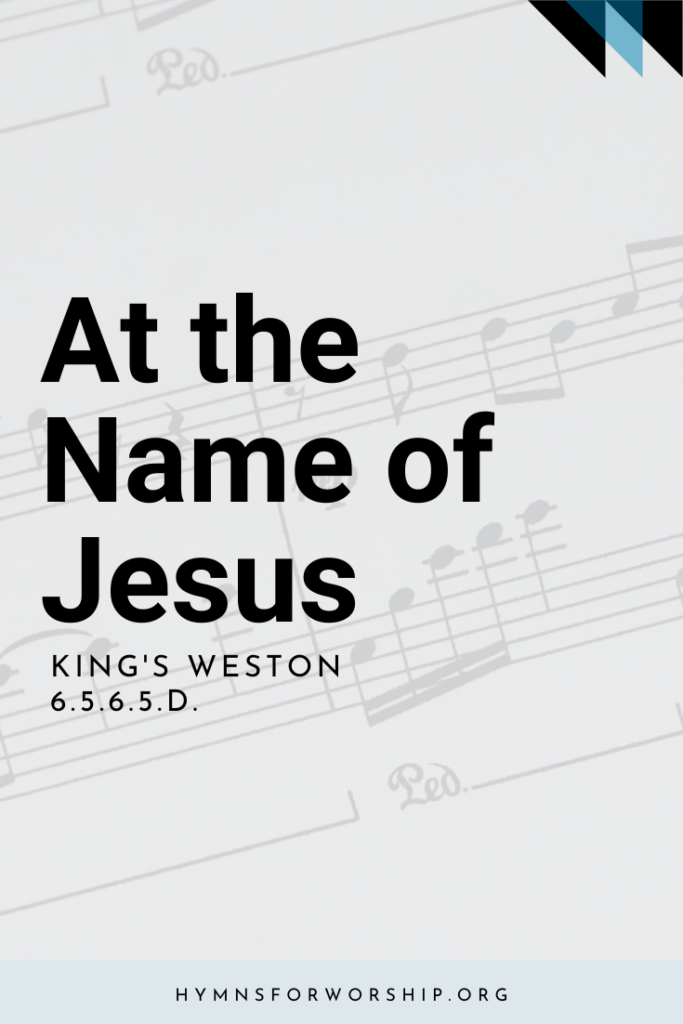

Get the hymn sheet in other keys here
For Worship Leaders
Make each hymn more meaningful with these helpful tools: Short, ready-to-use hymn introductions for church bulletins, multiple ways to introduce a hymn based on your worship theme and in-depth history and insights to enrich your song service.


Text
1
At the name of Jesus every knee shall bow,
Every tongue confess Him King of glory now;
‘Tis the Father’s pleasure we should call Him Lord,
Who from the beginning was the mighty Word.
2
At His voice creation sprang at once to sight,
All the angel faces, All the hosts of light,
Thrones and dominations stars upon their way,
All the heavenly orders in their great array.
3
Humbled for a season, To receive a name
From the lips of sinners, Unto whom He came;
He is God the Savior, He is Christ the Lord,
Ever to be worshiped, Trusted and adored.
4
In your hearts enthrone Him: There let Him subdue
All that is not holy, All that is not true;
Crown Him as your captain in temptation’s hour,
Let His will enfold you in its light and power.
5
Surely, this Lord Jesus shall return again,
With His Father’s glory, With His angel train;
For all wreaths of empire meet upon His brow,
And our hearts confess Him King of glory now.

Hymn Info
Biblical Reference
(a) Phil 2:10, 11 (b) John 1:3 (c) Phil 2:8, 9 (e) Matt 16:27
Author
Caroline M. Noel (1817-1877)
Year Published
1870
Copyright
Music from Enlarged Songs of Praise by permission of Oxford University Press
Hymn Tune
KING’S WESTON
Metrical Number
6.5.6.5.D.
Composer
Ralph Vaughan Williams (1872-1958)
Year Composed
1925
Alternate Harmony
Harmony setting SDAH 581

